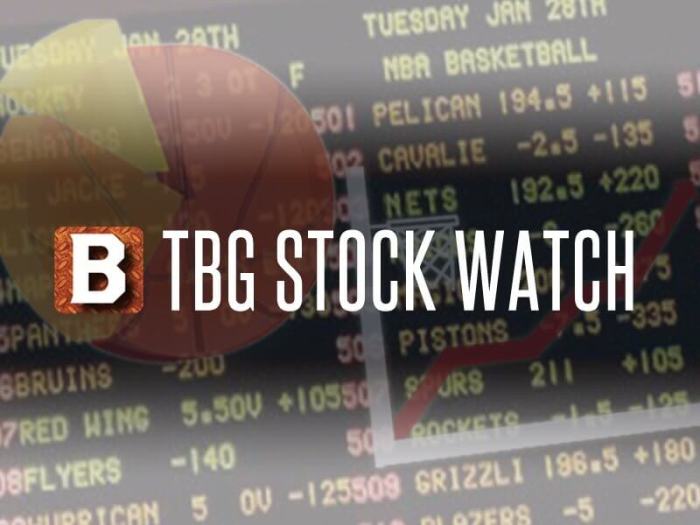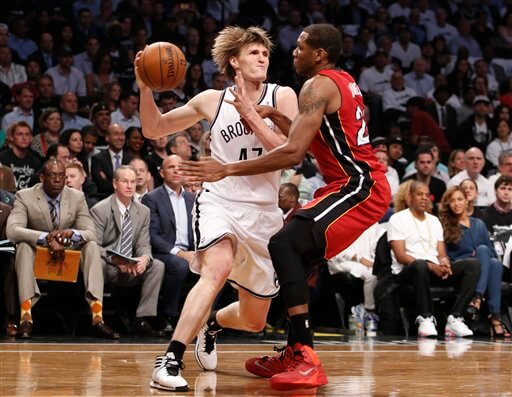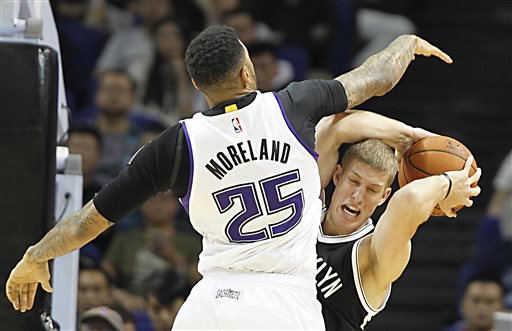Meet Donté Greene. 6-11 small forward, former ‘cuse Orange and career-long Sacramento Kings forward.
I’ll admit, I’d never even heard of Donté Greene until he accepted an invitation to join Brooklyn Nets training camp. Believe it or not, a career backup with that played 16.8 minutes per game in Sacramento was never really on my radar as an NBA fan. (Sorry Donté.)
My gut reaction to Donté Greene was how this matched Billy King’s offseason signing pattern. Donté Greene is a 6-11 small forward, meaning he is at least capable at the three and the four. He immediately becomes the second tallest guy on the Nets’ roster, and his natural position is the three. That alone makes him an intriguing addition to Brooklyn’s roster.
That’s part of what makes this move appear to be a great fit for Greene. The Nets have a very versatile group, and guys like Gerald Wallace, Kris Humphries, MarShon Brooks, CJ Watson, Reggie Evans, Mirza Teletovic and now Donté Greene all have the ability to play multiple positions. Putting an athletic, tall, small forward in that rotation will enable Greene to mix in with his fellow “utility” players.
As far as Donté Greene’s strengths go: he is an excellent athlete. Like fellow teammates Wallace and Humphries, he is a high-energy hustle player. Fans and teammates in Sacramento loved him for this, and raved about him at every opportunity. It says something about a player of Greene’s caliber that he connected so much with the fanbase. Unfortunately, this is about it regarding positive things Donté Greene does on the basketball court.
This doesn’t necessarily bode badly for his role with the team. Taking a flier on a fantastic athlete who can create mismatches is someone who can contribute to an NBA roster. However, don’t expect Donté Greene to light up the stat sheet or shut down opponents. It’s just not what he does.
There are a lot of things not to like about Greene’s offensive game. For one, he takes too many three-point shots. Last season, he averaged two three-pointers a game, making less than one. To put these numbers in perspective, he was 1.2 for 4.9 per 36 minutes, an abysmal 23.8% from deep. His overall shooting numbers are better, rounding in at 40.6%, but he’s hardly a marksman. Part of the problem is with his mechanics. It’s almost as if he releases the ball from directly above his head, creating an awkward jumper. This is something that is notable from his Syracuse days and hasn’t been fixed in his pro career. He also doesn’t shoot the same way every time — he’s never worked out a consistent, smooth stroke.
Of course, part of the problem with Greene’s career has to do with his limited role, with four different head coaches in four years, on a dysfunctional Kings team. His departure from Sacramento wasn’t a surprise. A change of pace was certainly something he could use, and finding a spot in the Brooklyn-utility-rotation — a term I have now coined and will now be using in future articles — can only help his development and in finding a real role on an NBA team.
In non-basketball ways, Donté Greene is incredibly accessible with fans and that is one thing that made him so great to root for on the west coast. Some examples:
- During the NBA Lockout, a fan tweeted at Greene to get some live basketball action in Sacramento. Greene delivered, and put together a charity game featuring Kings players from that year’s team. Greene then scheduled a second Goon Squad Classic, despite not being on the Kings roster, but it was cancelled and blocked by the NBA.
- Kings fan wants to propose? Donté Greene helps.
- During Memorial Day 2009, Greene was on a boat on the American River when he spotted a woman drowning. He jumped in the water, dove down and saved her life.
If you haven’t gotten the chance to follow Donté Greene on Twitter, you should definitely do so @dontegreeneCOS. He may never be a dominant all-star, but I have a feeling I am going to thoroughly enjoy the Nets’ Donté Greene era.


















